Mental Health Takes Centre Stage in Syrian Refugee Camps
In the heart of northeast Syria, amidst the sprawling tents of an overcrowded refugee camp, 11-year-old Ruba* finds herself navigating a landscape of both physical and emotional adversity. Displaced from Iraq’s Anbar province, she lives in a camp housing over 41,000 individuals, with women and children making up 93% of the population as of June 2024.
For many, the camp is a microcosm of despair, marked by a severe shortage of basic necessities like clean water, adequate shelter, and secure educational systems. With no guaranteed security of basic human rights, mental health conditions are dire.
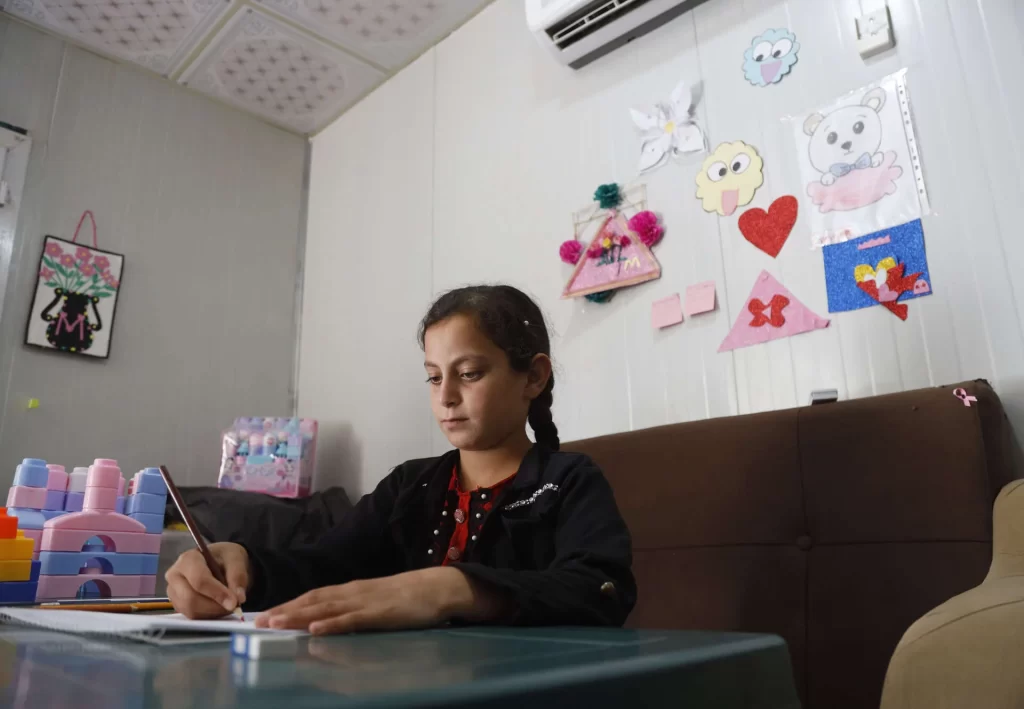 (c) Frontline in forcus for the IRC
(c) Frontline in forcus for the IRC
The Quest for Healing from Trauma and Struggles of Displacement
Ruba’s journey to this refugee camp was filled with trauma. The conflict that uprooted her from her home has left indelible scars, manifesting in severe anxiety. Rania*, a psychological counselor at the International Rescue Committee’s (IRC) Health Care Centre, sees firsthand the toll the ongoing civil war has taken on children like Ruba.
“The majority of cases I encounter are severe,” Rania explains. “We see high levels of depression, anxiety stemming from intense trauma. These trauma have also led the illness to deeper levels like epilepsy and schizophrenia.”
Ruba’s mother brought her to the IRC centre in hopes of finding relief from the crippling anxiety that had overtaken her daughter’s young life. The IRC health clinic, which is supported by the European Union, offers essential mental health services through various forms of therapy, including art activities.
It was during one of these art sessions that Ruba started expressing herself more with Rania and her colleagues like Samia, a psychological specialist with the IRC.
After numerous counseling sessions, Ruba managed to unravel some of the traumatic incidents she had suffered at the camp. During one of her art sessions, she painted a red flower, symbolising both her struggles and her newfound sense of hope.
With the innocence of an 11-year-old, she candidly explains: “I like the colour red because it reminds me of apples, strawberries, and cherries.”
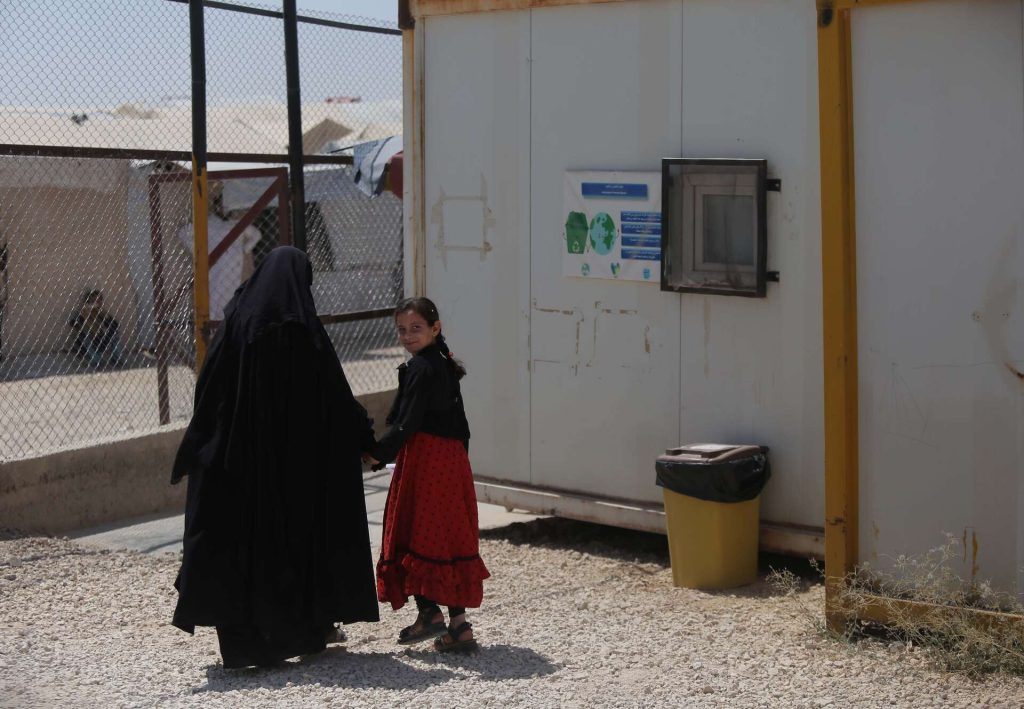 (c) Frontline in forcus for the IRC
(c) Frontline in forcus for the IRC
Mental Health Services: A Lifeline Amidst the Crisis
Dr. Rateb*, an IRC health officer overseeing the camp’s clinics, describes the immense pressure on their resources. “We have a psychiatrist available only two days a month and a dedicated mental health counselor,” he notes. “Our clinic handles between 100 to 150 consultations daily, but the need far exceeds our capacity.”
Despite these challenges, the IRC, with support from the European Union, is making a real change in the camp, addressing little by little the dire psychological needs of the residents. The EU’s support has been instrumental in maintaining and expanding these vital services. “The partnership with the EU has allowed us to provide a critical safety net for those suffering,” Dr. Rateb says. “However, the strain on our resources is immense, and sustained support is crucial.”
Ruba’s progress is a testament to the importance of these services. Through continued counseling and the supportive environment of the IRC clinic, Ruba has transformed her fear and anxiety into a source of strength.
“I help my mom with the dishes, cleaning the tent and I play with my friends,” she shares with a smile. Her improved mental health reflects the profound impact of the clinic’s efforts. Ruba says she now understands how helping her mum with the chores can also reduce her stress.
She now dreams of becoming a therapist herself, “like Miss Rania.”
“She taught me and helped me.”
*Names have been changed for privacy.
| The EU and IRC’s collaborative efforts, ongoing since 2003, underscore a critical commitment to alleviating the suffering of refugees and displaced persons. As Ruba’s story demonstrates, providing mental health support is not just about immediate relief but about fostering long-term resilience and hope for a generation profoundly affected by conflict. |
This story is adapted from an original piece published by the IRC in July 2024.

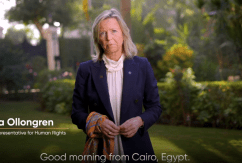

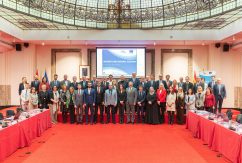




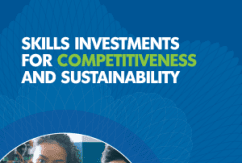
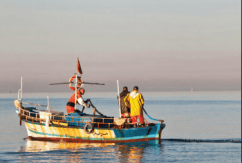
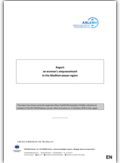
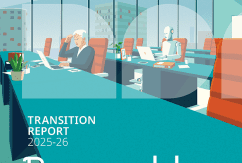





















 Syria
Syria 



